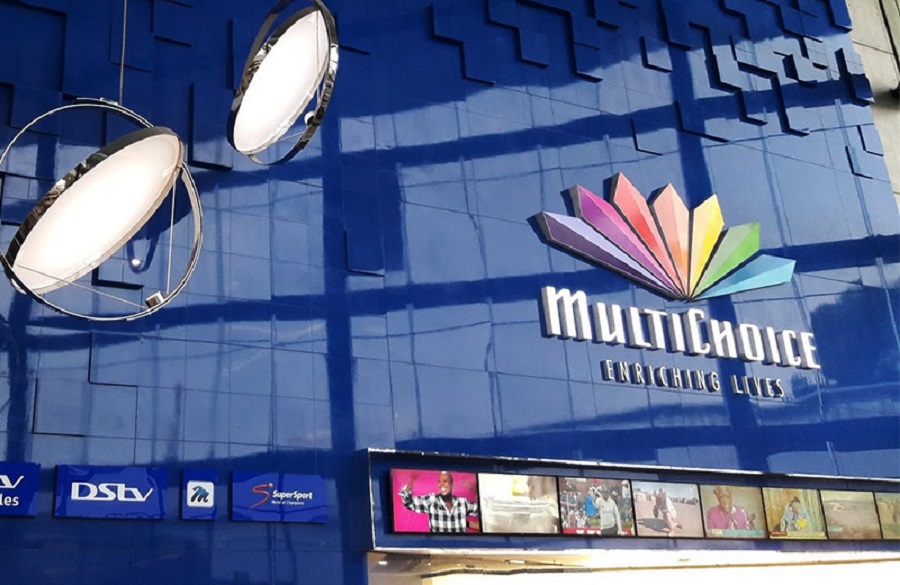adverts
Multichoice recently announced another price increase on its DStv and GOtv packages across markets, marking a third time in the last 12 months.
The increases have been implemented in Ghana, South Africa and Kenya since April 1, 2024. Price increase in Nigeria was billed to kicked in May 1, but for a high court ruling that suspended the planned increment.
Multichoice has been trying to justify the increments citing the economic condition underpinned by high inflation, currency depreciation and high cost of operations.
adverts
But Nigerians will not have any of it, as price increases by Multichoice has not become an annual ritual which occurs up to three times a year.
Although the Competition and Consumer Protection Tribunal (CCPT) sitting in Abuja has restrained Multichoice Nigeria from implementing the DStv and GOtv price increment, which is expected to take effect on Wednesday, May 1, 2024, a comparative analysis of prices across Multichoice’s major markets became expedient.
Nairametrics took a look at what the company is charging in South Africa and Kenya, especially, based on recent price increments. Meanwhile, Techfocus24 also looked at the Ghana perspective.
In South Africa, Multichoice’s highest package, DStv Premium currently goes for $49.36 a month, while in Kenya, the same package costs $78 per month. In Nigeria, DStv Premium will cost $26.7, based on the new price recently announced. In Ghana, it costs ghs680 ($49.48), which is the second highest.
DStv Compact Plus package in South Africa is currently at $33 per month, while the same package cost $18 in Nigeria. Kenyans are currently paying $48 for the same package, and Ghanaians are paying GHS450 ($32.75).
The third package common to the three markets is the DStv Compact. Multichoice South Africa currently charges $25 for Compact package per month. In Nigeria, the new price announced for DStv Compact is $11, while in Kenya, the same package currently goes for $27. The package cost GHS300 ($21.83) in Ghana.
It is important to note that the income levels and tax burdens in each of these countries differ and that also plays a role in how charges are fixed for markets. This also helps to understand who is paying more relative to their level of income.
According to Stats SA in its quarterly employment survey (QES), the average income in South Africa is $1,348 per month as of Q1 2023. The World Bank puts the country’s GDP Per Capita at $6,766.5 as of 2022. South Africa is an Upper-Middle Income country according to the Bank.
Data from the Kenya National Bureau of Statistics (KNBS) shows that the average monthly income for Kenyans rose to $149 in 2022. According to the World Bank, the country’s GDP Per Capita stood at $2,099.3 in 2022. The country is categorized by the Bank as a Lower-Middle Income country.
Per the recent reports from the Ghana Statistical Service, average income in Ghana is GHS4,000 ($291), and GDP per capita stands at $2,230 currently, making Ghana a lower to middle-income country.
The average monthly salary in Nigeria is estimated to be between N80,000 and N100,000, which is about $58 to $72. This figure represents the median level, meaning that half of the working population earns less than this amount, while the other half earns more.
However, the World Bank’s data shows that Nigeria’s GDP Per Capita stood at $2,162.6 as of 2022. Nigeria is also classified as a Lower-Middle Income country.
Based on the income levels, it is safe to say that Kenyans are paying more for DStv services out of the three countries. On the other hand, rates in South Africa are the cheapest going by their average income. This indicates that Nigerians are paying more than South Africans.
GOT A STORY?
Kindly send any news articles or vital information via email: manuelnkansah33@gmail.com
Or
Contact or WhatsApp: +233575937762/+233243201960


